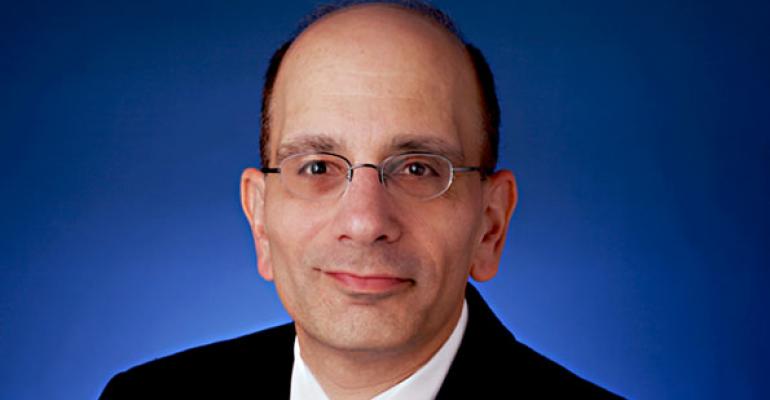More than a few observers have noted that Kroger stands out among major supermarket operators in today's challenging economy for its on-target price positioning. How is it that Kroger hit the sweet spot while some others struggle to realign their strategies?

Kroger did what many business book authors urge but is rarely followed. It developed a long-term stance years ago that positioned it well for the future. That strategy was created when the economy was relatively strong, and Kroger's plan wasn't always popular with the financial community. But today it seems like wizardry, and financial analysts are impressed.
Kroger becomes the 2008 winner of SN's Retail Excellence Award, an honor that recognizes a company for leadership, innovation and understanding of its customers. Other companies that have won this award in recent years include H.E. Butt Grocery Co., Hannaford Bros., Hy-Vee and Safeway. You can read an in-depth story about Kroger and the award beginning on Page 14.
Kroger becomes the first retailer to receive this honor twice; it also won in 2004. That's not surprising because, as this week's story points out, Kroger's strategy of lowering prices and cutting costs actually dates back six years. At that time many supermarkets were differentiating their offerings by pursing new concepts around service, quality and selection. But Kroger's research at the time pointed to the need to better compete on attributes including price to battle the growing number of non-supermarkets getting into the food space. What followed was a string of cost-cutting and price reduction moves twinned with better sales data analysis and store segmentation. The chain's “Customer First” approach, in addition to targeting price, has focused on products, people and the shopping experience.
One of Kroger's most important traits is its consistency. A look back at SN's story accompanying the 2004 award shows a retailer that was already well along on its current trajectory. “Kroger's strategic plan to invest in lowering prices and cut its own costs is narrowing the pricing gap with low-cost retailers, widening its gap with conventional stores, and winning modest gains in sales and market share in very tough, competitive environments,” read the story from four years ago.
The customer-first approach also resonated in that earlier story's quotes from Don McGeorge, who remains president and chief operating officer, who had said: “We're not fighting Wal-Mart, we're fighting for a customer. And a customer has choices.”
A logical question is whether Kroger will maintain its strong position whenever the economy turns around. That seems like an academic question now because few see the light at the end of this economic tunnel anytime soon. Nevertheless, David Dillon, chairman and CEO, contends Kroger has been designed as a flexible chain that can follow the needs of the customer in any economy, even if service or other factors overtake price in primary importance.
It's impossible to predict the future with any certainty, but I personally wouldn't bet against Kroger, given its demonstrated ability to judge consumer needs and execute on them.

